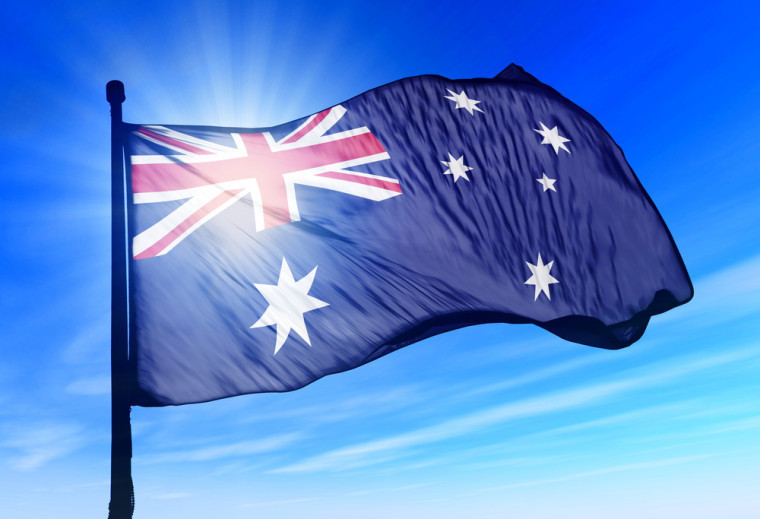
Over the years, Australia has had its fair share of legal wrangling over copyright infringements. The most recent example that made its way into the public eye involved Dallas Buyers Club LLC and its battle with Australian ISPs in order to obtain contact details of users who had pirated a movie. However, ISPs had refused to provide these details on the grounds of privacy.
Ultimately, DBC LLC abandoned its case earlier this month after the Federal Court decided that the letters intended for alleged pirates constituted speculative invoicing and, in turn, an overreach. With that option off the table, the ruling likely put a major dent in the company's cost-benefit analysis leading to its termination of proceedings.
Meanwhile, Australian ISPs and telcos attempted to work with content owners and come up with a graduated warning scheme. This collaborative effort came about after the Federal Government warned the collective parties to devise their own voluntary scheme or face having one thrust upon them in legisliation. While five of the six issues regarding cost allocation had been agreed, there remained disagreement upon who would bear the cost of processing the infringement notices.
With content owners estimating the cost at AU$6 per IP address in stark contrast to the estimate of AU$27 from ISPs, a rift developed between the camps. This lead to the enlistment of PriceWaterhouseCoopers to provide an independent assessment. PWC eventually determined that the overall cost was in fact closer to the estimate from the ISPs.
This outcome led Village Roadshow co-CEO Graham Burke to disclose to CNET that they had decided "not to push it forward." However, Communications Alliance CEO John Stanton was surprised by Burke's statement, and remarked:
To date we have had no formal indication from rights holders that they wish to discontinue the efforts to finalise the commercial arrangements that would underpin the copyright notice scheme code.
At this stage, the Federal Government has not responded to this turn of events and, with the current term of parliament due to expire towards the end of this year, it may not wish to make this issue a hot topic with voters and competing political parties.
Source: iTNews | Australian flag image via Shutterstock
















19 Comments - Add comment